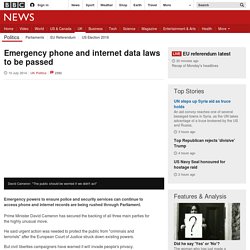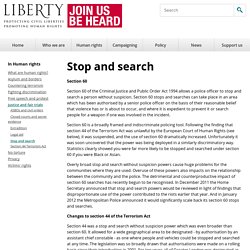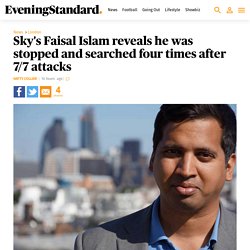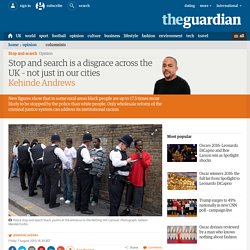

Emergency phone and internet data retention to be passed. Emergency powers to ensure police and security services can continue to access phone and internet records are being rushed through Parliament.

Prime Minister David Cameron has secured the backing of all three main parties for the highly unusual move. He said urgent action was needed to protect the public from "criminals and terrorists" after the European Court of Justice struck down existing powers. But civil liberties campaigners have warned it will invade people's privacy. Mr Cameron defended the move in a joint news conference with Deputy Prime Minister Nick Clegg, saying it was about maintaining existing capabilities - not introducing new snooping laws. But it will make legally clear the requirements include companies based abroad, whose phone and internet services are used in the UK. Mr Cameron also said he had reached an agreement with Labour leader Ed Miliband for a wider review of the surveillance powers needed by the security services, to report after the next election. Analysis. Untitled. Section 60 Section 60 of the Criminal Justice and Public Order Act 1994 allows a police officer to stop and search a person without suspicion.

Section 60 stops and searches can take place in an area which has been authorised by a senior police officer on the basis of their reasonable belief that violence has or is about to occur, and where it is expedient to prevent it or search people for a weapon if one was involved in the incident. Section 60 is a broadly framed and indiscriminate policing tool. Following the finding that section 44 of the Terrorism Act was unlawful by the European Court of Human Rights (see below), it was suspended, and the use of section 60 dramatically increased.
Unfortunately it was soon uncovered that the power was being deployed in a similarly discriminatory way. Overly broad stop and search without suspicion powers cause huge problems for the communities where they are used. Civil liberties victory over stop and search as police powers are reined in. By James Slack, Home Affairs Editor for MailOnline Updated: 10:05 GMT, 9 July 2010 Police were yesterday stripped of the widely abused power to stop and search innocent people in the street without any suspicion of wrongdoing.

In a signal victory for civil liberties, Home Secretary Theresa May declared that Section 44 of the Terrorism Act - recently ruled illegal by the European courts - could no longer be used against members of the public. The decision was criticised by former Labour Home Secretary Alan Johnson, who said it would 'clearly restrict' the powers of the police to deal with potential dangermen. Senior police are likely to complain that, with officer numbers certain to be slashed by Home Office budget cuts, this is the wrong time to make their jobs harder. Enlarge Stricter controls: Police will not be allowed to stop and search individuals unless they 'reasonably suspect' them of being a terrorist (file picture) Last year, 256,000 searches were carried out by police. Sky's Faisal Islam reveals he was stopped and searched four times after 7/7 attacks.
Sky News political editor Faisal Islam has revealed how he was repeatedly stopped and searched by police seeking terrorism suspects after the 7/7 London bombings.

The broadcaster, 38, described how he was singled out on four occasions by police carrying out random searches under anti-terrorism legislation. He believes he became the victim of “racial profiling” as the Metropolitan Police responded to public fears after the July 7, 2005 attacks. Islam, a former economics editor at Channel 4 News, told The Independent he bears no malice towards the police and accepts they were simply doing their job.
He said: “In the years after 7/7 I got stopped and searched four times. Obviously at that moment it annoys you. Stop-and-search increased dramatically after the attacks, but only around one per cent of searches led to arrests, and none for terrorism offences. Islam added: “I got stopped outside King’s Cross. “I don’t begrudge officers just doing their job. Stop and search is a disgrace across the UK – not just in our cities. Figures published today show black people are up to 17.5 times more likely than white people to be stopped and searched by the police in certain areas of the UK.

This enormous disparity is no great surprise. The issue of stop and search has dogged the police service for decades, sparking riots in Brixton in 1981 and in various parts of the country in 1985. Despite Theresa May, the home secretary, pledging to tackle the issue, there has been little faith that much would change. What is surprising about these figures, however, is which police forces are the worst offenders.
Police forces in large urban areas such as London, the West Midlands and Greater Manchester have received a myriad of complaints and protests over their dealings with black communities. Urban police have, at times, been compared to an occupying force, overseeing black communities.